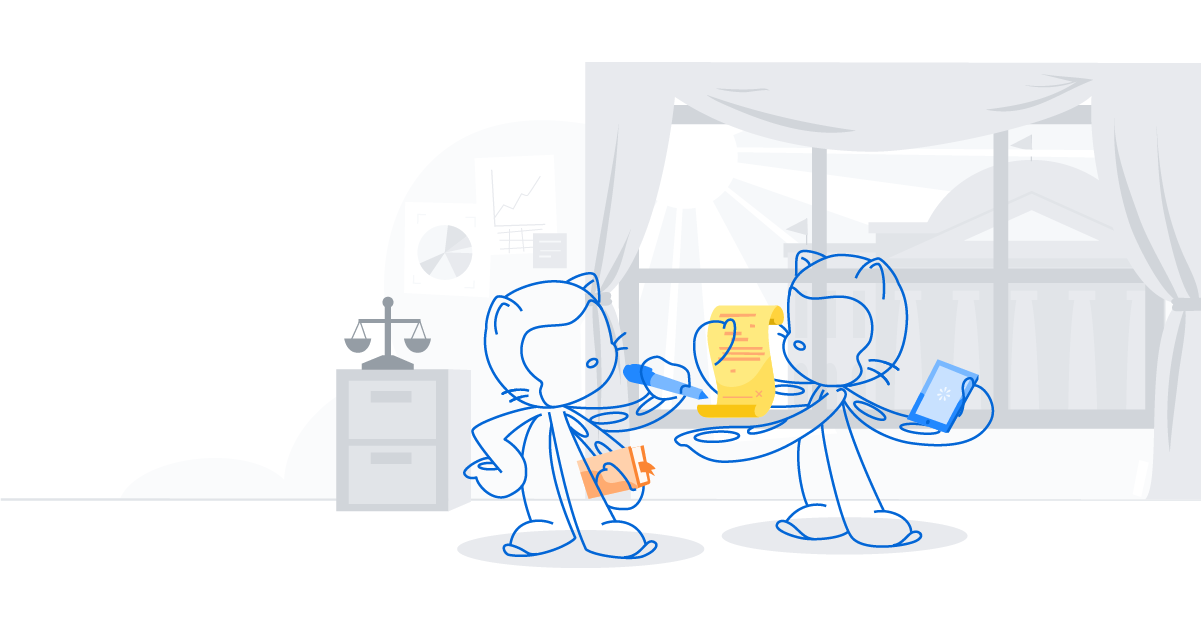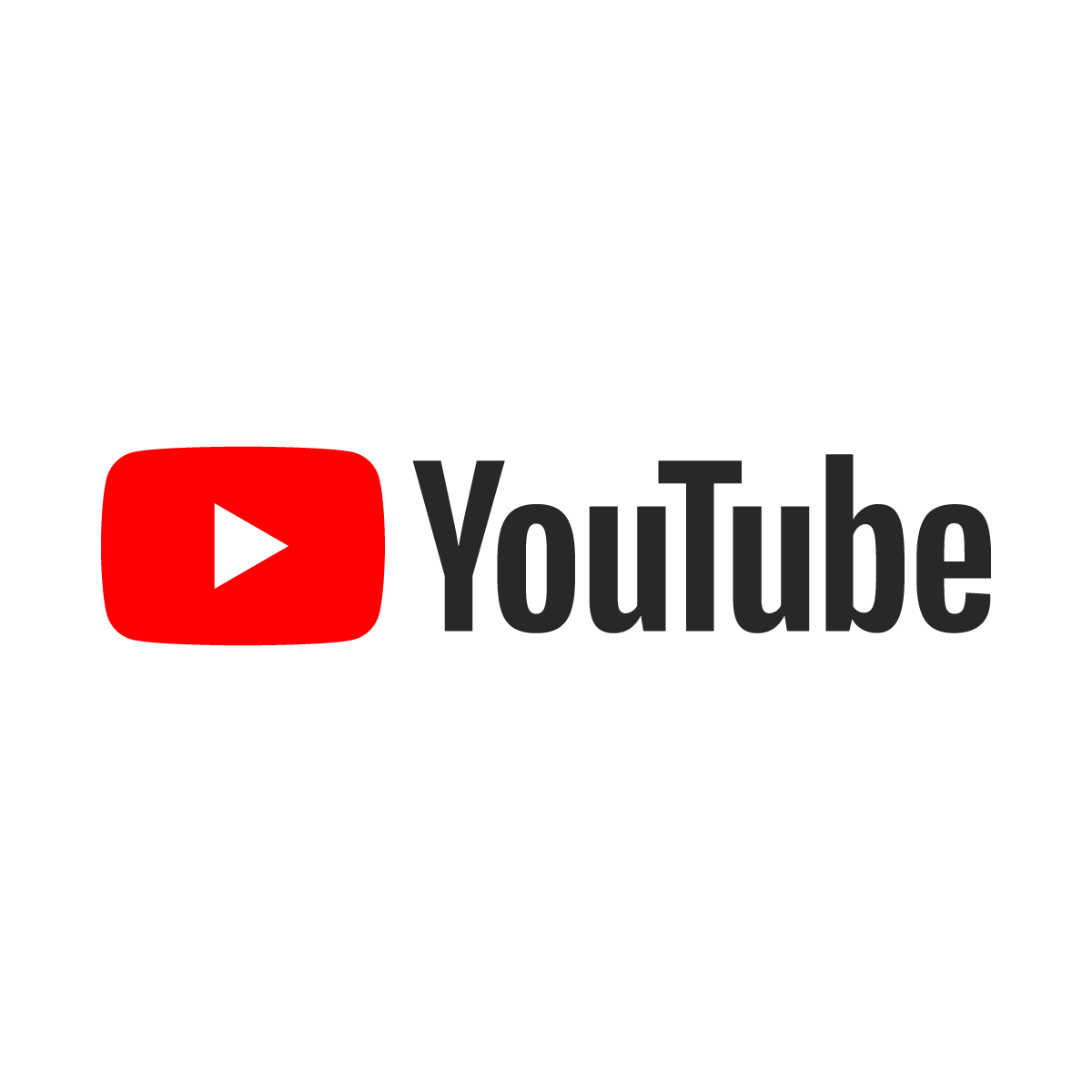The RIAA's fraudulent attack on youtube-dl is not a DMCA §512 infringement/safe-harbour, and the reality is weird
Many people seem to think that the RIAA's late-on-a-Friday copyright claim by against Web multimedia-content Swiss army knife youtube-dl falls under the DMCA's online content provider safe-harbour §512 provisions against infringing works.[1] It does not.
Under U.S. copyright law, "safe-harbour" provisions immunise service providers from copyright infringement claims, if the provider "takes down" the named content when a claim is received, under 17 USC 512 (c)(1)(C). The safe-harbour protections apply only to hosting of infringing works, and neither youtube-dl nor its test suites infringe on any RIAA or member copyrights as averred in RIAA's notice. Further, a claim must identify the specific works infringed in the work, (§512 (c)(3)(A)(iii)) which the RIAA's claim does not.
See the statute at Cornell University's U.S. Code repository, referenced further here:
https://www.law.cornell.edu/uscode/text/17/512
The RIAA's letter does not claim infringement within the text of youtube-dl source or test suites, though it tries hard to appear so, but rather possible incidental copying, of an overwhelmingly non-infringing nature, and anti-circumvention of a "copyright protection mechanism", under §1201. That last is also part of the DMCA, but falls outside the safe-harbour takedown provisions.
At best, youtube-dl's test suite may be infringing works when run, in which case infringement would accrue to the operator, presumably a tester or Github's CI/CD process. Even that argument is specious: Given output is discarded, no permanent copy is retained, and the action is for research and development, and numerous Fair Use affirmative defence claims exist under §107, notably (1) and (4), test suite execution falls outside exclusive rights. Any one fair-use test is sufficient, or none at all. Test suite execution could be argued non-infringing under numerous theories, including reverse engineering, research, interoperability, all under §1201, or under general limitations on exclusive rights in §112 (ephemeral recordings), §117 (computer programmes), or elsewhere.
Further, under §512 (f) the RIAA's deceptive claim is liable for sanctions:
Any person who knowingly materially misrepresents under this section— (1) that material or activity is infringing ... shall be liable for any damages, including costs and attorneys’ fees, incurred by the alleged infringer, by any copyright owner or copyright owner’s authorized licensee, or by a service provider, who is injured by such misrepresentation, as the result of the service provider relying upon such misrepresentation in removing or disabling access to the material or activity claimed to be infringing, or in replacing the removed material or ceasing to disable access to it.
The fun begins
This is where ... things get interesting....
The "copyright protection scheme" in question, if it even is one, was written by and is provided by Google/Youtube, not the RIAA.
It is not even clear to me the RIAA has standing to sue under §1203: "Any person injured by a violation of section 1201 or 1202 may bring a civil action in an appropriate United States district court for such violation." RIAA are not injured due to utilisation of a non-member's mechanism.
The claim does not pass the 17 USC 1201 (a)(2)(B) test: that the technology "has only limited commercially significant purpose or use other than to circumvent a technological measure that effectively controls access to a work protected under this title".
Yes, Github (or its owner, Microsoft Corp.) may have liability under 17 USC 1201 (a)(2), "offer to the public, provide, or otherwise traffic" the code, subject to the same test above. However there is no safe-harbour provision for such violations.
Microsoft is listed on the RIAA's members page. Neither Google LLC, its Youtube subsidiary, nor parent Alphabet Inc. are. The RIAA are threatening a member for a §1201 violation against a nonmember. That's ... weird. https://www.riaa.com/about-riaa/riaa-members/
A further defence is the §1201(f)(2) exception: "a person may develop and employ technological means to circumvent a technological measure, or to circumvent protection afforded by a technological measure ... or for the purpose of enabling interoperability of an independently created computer program with other programs".
Youtube-dl is executing code provided by Google/YouTube, for Wold Wide Web user agents, as a World Wide Web user agent, and meant to be accessed and run by user agents in order to access YouTube content. That is, youtube-dl's operation is entirely within YouTube's technical design and intent.
Any potential copyright infringement which might occur through use of youtube-dl is at the volition of users, not the software's authors, actions would properly be directed at such users for individual acts of infringement, and much of this is subject to the same defences listed above, and others.
What then shall we do?
The remaining question is whether or not this claim should be contested. I argue that it should, on numerous grounds;
Though the claim is made under US law, similar anti-circumvention provisions exist in international law, which is highly standardised in large part thanks to the RIAA, MPAA (video), SIIA (software), WIPO, and other copyright monopoly cartels' special-interest deep-pockets lobbying. Offshore legal safe havens are limited and vulnerable. Defence within DMCA /anti-circ / WIPO / Berne regions is unfortunately necessary. Simply hosting the repository outside US jurisdiction is not sufficient, though a valid immediate response.
Such claims are specious at best, carry heavy chilling efects, may be entirely fraudulent, and should carry considerable risk. A countersuit agaist RIAA may help make this cartel, or others, think twice about repeating such attempts, as well as establish precedent agaist future such attemps.
The future of software, to which Microsoft claims to have harnessed its own wagon, is open, collaborative, Free Software. As such, the software and information services industry's interests diverge from those of regressive copyright maximalists.
TL;DR:
This is not a 17 USC 512 infringement/safe-harbour, RIAA's standing is highly questionable, it is threatening a member for an averred nonmember's §1201 injury, any actual works duplication is not performed by youtube-dl's developers directly, nor is the work itself or its test suite an infringement of RIAA / members copyrights, and numerous defences exist for routine use or incidental transmission or copies made by developers, hosting services,or others. Further, youtube-dl, digital and information liberties groups, Microsoft, and Google/Youtube should fight the RIAA's claim.
Notes:
- A very common misperception, see e.g., https://news.ycombinator.com/item?id=24884233 https://news.ycombinator.com/item?id=24873090 https://news.ycombinator.com/item?id=24875888 https://tildes.net/~tech/suf/youtube_dls_github_repository_has_become_inaccessible_due_to_a_dmca_takedown_from_riaa#comment-5rnr https://old.reddit.com/r/linux/comments/jgubfx/youtubedl_github_repo_taken_down_due_to_dmca/g9yiawu/ https://old.reddit.com/r/DataHoarder/comments/jgtzum/youtubedl_repo_had_been_dmcad/g9tnmo2/ https://old.reddit.com/r/linux/comments/jgubfx/youtubedl_github_repo_taken_down_due_to_dmca/g9slirg/ https://merveilles.town/@zens/105086871599354436
#youtubedl #riaa #dmca #copyright #github #microsoft #youtube #google #FairUse #monopoly #cartel #AlphabetInc





